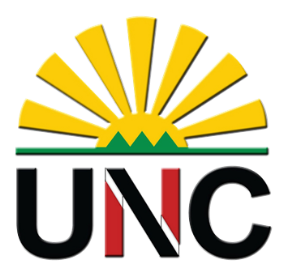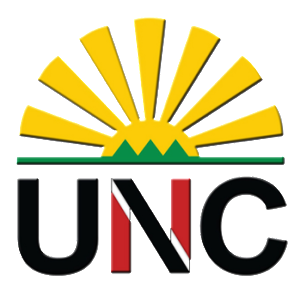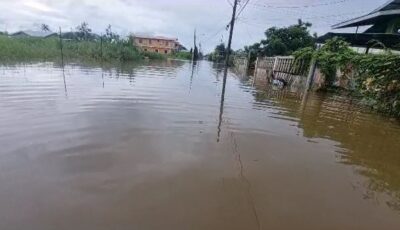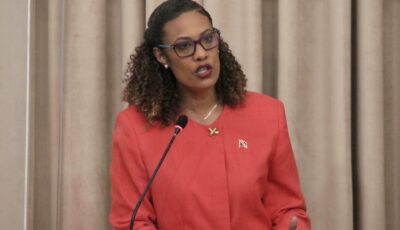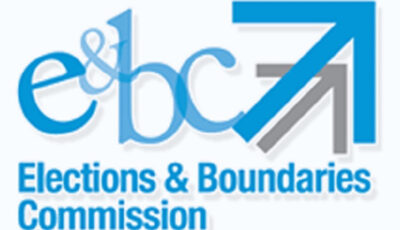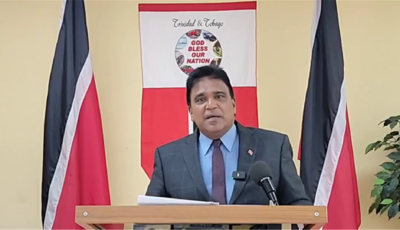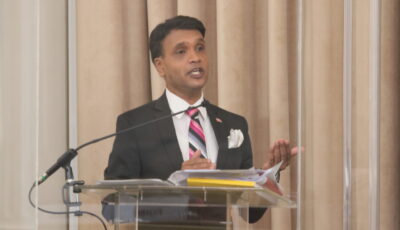JOINT COMMUNIQUE PANAMA
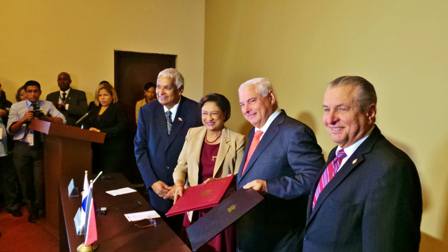
Prime Minister Kamla Persad-Bissessar, SC, MP, holds the Partial Scope Trade Agreement document with Panama’s President, Ricardo Martinelli, at the Westin Playa Bonita Hotel in Panama today. Looking on at the Foreign Affairs Ministers, Winston Dookeran, left, of Trinidad and Tobago and Ricardo Jiminez, right, of Panama, who signed the agreement.
Today, Thursday 3rd October, 2013, the Honourable Winston Dookeran, Minister of Foreign Affairs of the Republic of Trinidad and Tobago and His Excellency Ricardo Quijano Jimenez, Minister of Commerce and Industry, formally signed a Partial Scope Trade Agreement between the two countries in the presence of His Excellency Ricardo Martinelli Berrocal, President of the Republic of Panama and the Honourable Kamla Persad-Bissessar S.C., MP, Prime Minister of the Republic of Trinidad and Tobago, in Panama City, Panama.
The Negotiation of the agreement commenced in January, 2011 and was brought to a successful conclusion in June, 2011. The Trinidad and Tobago negotiating team was led by His Excellency Mervyn Assam, Ambassador Extraordinary and Plenipotentiary for Trade and Industry and by Her Excellency Diana Salazar, Vice Minister of Commercial and International Negotiations.
Thereafter, the agreement had to be approved by the Cabinet of Trinidad and Tobago, positively vetted by the Attorney General and subsequently certified by the CARICOM Secretariat, after receiving agreement from all CARICOM member states.
The Partial Scope Trade Agreement, in addition to the text that governs its implementation, provides the preferential treatment that exporters from Trinidad and Tobago will enjoy in the Panamanian market and the reciprocal preferential treatment that Panamanian exporters will receive in the Trinidad and Tobago market.
In the case of Trinidad and Tobago, there will be immediate tariff elimination in a number of important manufactured products and also tariff reduction in a number of other areas. This agreement will strengthen the existing trade relationship between the two countries, as it will afford further market diversification and penetration.
In the case of Panama, 40% (120) of the tariff lines negotiated will receive a 100% preferential rate. Some of the products that will be benefited from said rate are: live animals for breeding, fresh and chilled meat, fresh and chilled fish, eggs, wheat, salt, pepper, among other.
The signing of this agreement is the manifestation of both governments foreign policy impacting positively in the areas of trade, investment, tourism and cultural cooperation.
Trinidad and Tobago formalized diplomatic links with Panama in May, 2010 via the resident Ambassadors of both countries in Washington D.C. The establishment of official relations put the seal on the existing cultural connection between the two countries, forged through the migration of Trinidad and Tobago nationals to Panama in search of work during the era of the building of the Panama Canal.
July 15, 1995 marked the establishment of the Embassy of Panama in Port-of-Spain, the first resident Ambassador was His Excellency Rolando Barrow.
His tour of duty ended in 1999 and the mantle of maintaining cordial relations between the two countries was taken up by Her Excellency Arline Gonzalez Costa, the present Ambassador.
Although Trinidad and Tobago has no accredited Ambassador to Panama, an Honorary Consul was appointed in 1996, the two countries have made efforts to strengthen and deepen ties through an active bilateral agenda.
The relationship between Trinidad and Tobago and Panama has been marked by the conclusion of a wide scope of agreements. The countries established a Bilateral Air Services Agreement in 2005 through the signing of a Memorandum of Understanding on the Operation of Air Services, making it possible for COPA Airlines to chart a flight from Port-of-Spain to Panama.
A Visa Waiver Agreement was also enacted allowing citizens of both countries to visit either country for up to ninety without the necessity of a Visa. The Enhancing Economic Cooperation Agreement was concluded on March 9, 1999 where both countries pledged to deepen economic interaction for the mutual benefit of the two sovereign territories.
These agreements have been the basis of an active political, economic, trade and cultural dialogue and the substructure upon which the two countries maintain diplomatic ties. Trinidad and Tobago has consistently enjoyed a favourable balance of trade with Panama; in 2009 imports from Panama totalled $51,706,988 and exports to Panama amounted to $317,453,887.
The main products imported included textiles, articles of plastics, different varieties of fish, carpets. Traditional imports are soaps and cleaning preparations, sugar confectionery, medicaments, crude vegetable materials, articles of rubber, paper, glass, cutlery, gear boxes, taps, cocks, valves, ball or rubber bearings, office machines and footwear. The exports for 2009 included traditional oil and gas products as well as canned sausages, aerated beverages, napkins and tanks of plastics.
The most recent Agreement to be signed between the two governments will be the Partial Scope Trade Agreement which is scheduled to take place on 3 October, 2013 in Panama City, Panama during the visit of the Honourable Kamla Persad-Bissessar, SC, MP, for the VII Competitiveness Forum of the Americas.
The Agreement marks the end of four rounds of negotiations between the two countries which commenced in January 2010 under the leadership of His Excellency Mervyn Assam, Ambassador Extraordinary and Plenipotentiary with responsibility for Trade and Industry. Trinidad and Tobago was represented by an inter-ministerial, interdisciplinary team, including representatives from the private sector. Snr Diane Salazar, Vice-Minister of Negotiations in the Ministry of Commerce and Industry, was the lead negotiator for the Panamanian delegation.
The bilateral agenda between the countries is being expanded as there are a number of Draft Agreements under consideration by the Governments of both countries. These Agreements are the Draft Bilateral Investment Treaty, Draft Agreement on Cooperation in Tourism, Draft Agreement on Labour, Draft Agreement on Scientific and Technical Cooperation and the Draft Agreement on Cooperation in the Area of Sport. Stimulating cooperation between Ministries of Foreign Affairs on an academic was also proposed as well as Educational and Cultural Cooperation.
The Government, though the signing of Partial Scope Trade Agreement is honouring its commitment to south/south cooperation and to the developmental agenda through the increase in trading opportunities for our private sector. These opportunities will, in turn, redound to the benefit of the country as we deepen our economic penetration and investment opportunities in Central America.

